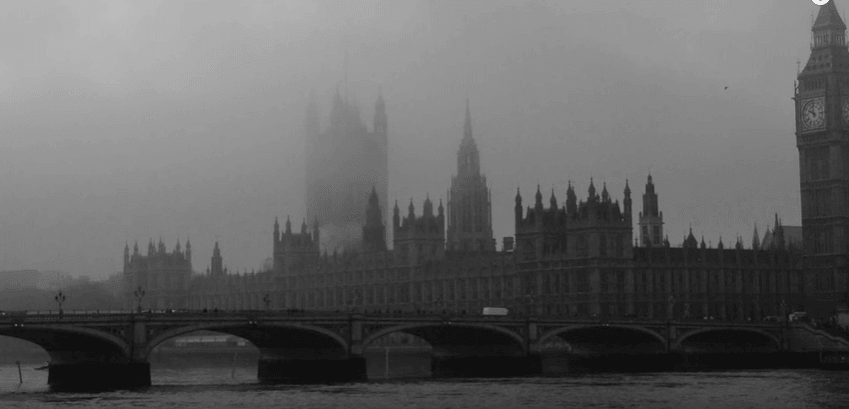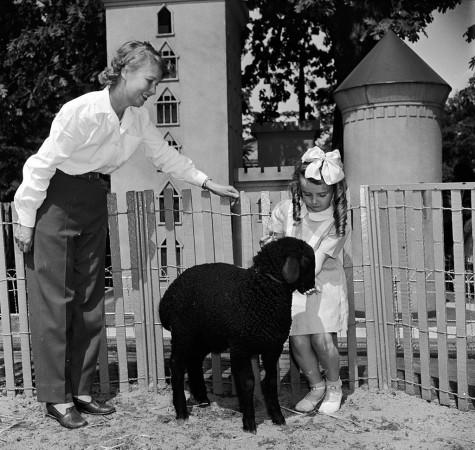
Some nursery rhymes we grew up on have disturbing origins that make them unfit for kids. Here are 7 such nursery poems:
Humpty Dumpty
According to some theories, Humpty Dumpty was not a person at all. It was actually a massive siege cannon used during the English Civil War (1642 and 1651) by Royalist forces or the king's men.
During the siege in 1648 of Colchester, the large cannon or Humpty Dumpty was strategically placed on the city wall but a shot from a Parliamentary cannon damaged the wall beneath Humpty Dumpty and it tumbled down to the ground. The Royalists or 'the King's men' tried to raise Humpty Dumpty on another part of the wall, but it was so heavy that "All the King's horses and all the King's men couldn't put Humpty together again.

London Bridge is Falling Down
One of origin theories of this rhyme is connected to a practice called immurement. Immurement is 'entombing someone within a structure' to let them slowly die from lack of food and water. It was believed that a bridge would collapse without a human sacrifice.
The origin theory makes some sense if you remember the game being played by children while singing this song. Two kids form an arch and the others run underneath till the song ends and whoever is left at the end gets trapped by the hands of the two kids who formed the arch.
Three Blind Mice
The rhyme refers to Mary I's reign who was also known as Bloody Mary. The three mice in the rhyme symbolize Protestant bishops- Hugh Latimer, the Archbishop of Canterbury, Thomas Cranmer and Nicholas Radley who all conspired to overthrow Queen Mary. The attempt proved in vain and the trio was burned at the stake for treason.
Jack and Jill
The origin of the famous poem Jack and Jill is related to France's Louis XVI and his wife, Marie Antoinette. They were convicted for treason during the time of French Revolution. Jack or Louis XVI lost his 'crown' symbolizing his throne and his head. On the other hand, Jill or Marie Antoinette's head too 'came tumbling after'.
Ring Around the Rosie
The origin for this famous rhyme is related to the Great Plague of London in 1665. In the rhyme, Rosie is the rosy rash resulting from the disease. People carried 'a pocket full of posies' to cover up the smell of it. 'Ashes' symbolizes the cremated remains, and at the end, they all fall down.

Baa Baa Black Sheep
The origin dates back to the time of King Edward I who imposed a harsh wool tax on the farmers. The wool's one-third portion was 'for the master' or King, one-third for the Dame or Church, and one-third for the farmers. The older versions of the rhyme ended with "But none for the little boy / Who cries down the lane," symbolizing how little was left for the farmers.
Georgie Porgie Pudding and Pie
Georgie Porgie actually refers to the English courtier George Villiers, Duke of Buckingham. He was rumoured to be the lover of King James I, though there is no proof of such relationship. However, it was known that King James was fond of Villiers. Villiers was hated by several husbands of whose wives he had sex with, and hence the line 'Kissed the girls and made them cry' and Georgie Porgie ran away when 'boys came out to play' that is managed to avoid confrontation or retaliation.









